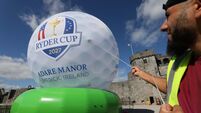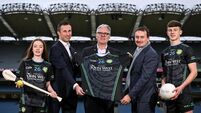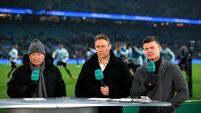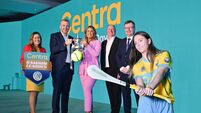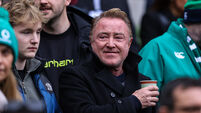Business of Sport: Athletics Ireland left bruised by Tokyo Olympics review
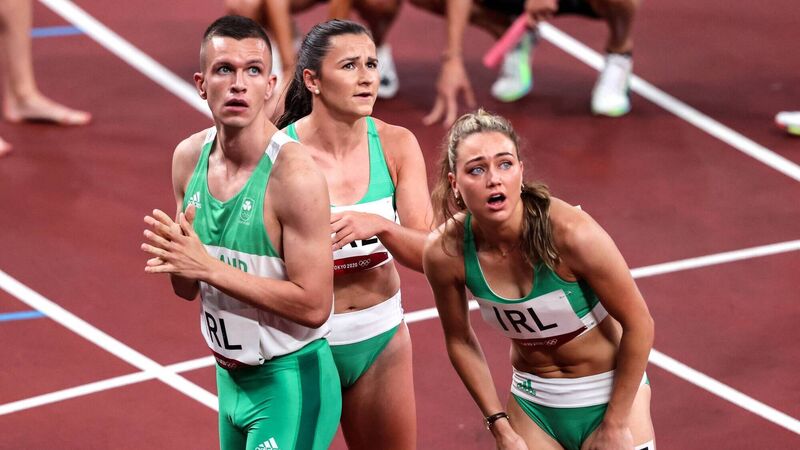
SUCCESS: In the Mixed 4x400m Relay, Ireland's Christopher O'Donnell, Phil Healy and Sophie Becker wait to see if they have qualified for the final in Tokyo. They did so, after the disqualification of the USA.
ATHLETICS IRELAND suffered from “a lack of resource and coaching structures”, did not have a clear “framework for athlete support” and did not meet performance expectation in what was a "disappointing (Olympic) Games”, a Sport Ireland consultancy report has found.
The ‘Tokyo Games Review’ revealed that “some athletes went into the Games fatigued by performing so close (to the Olympics)”, and maintains there is not enough accountability and transparency “in athlete funding decisions”.


